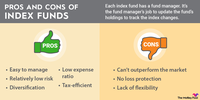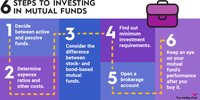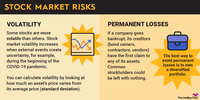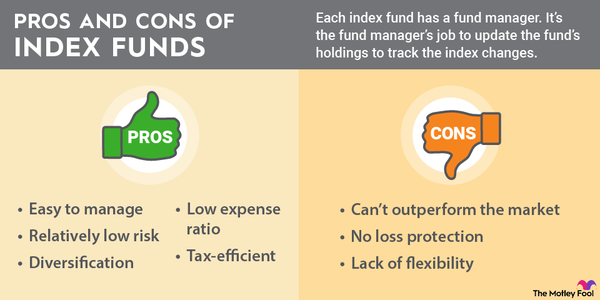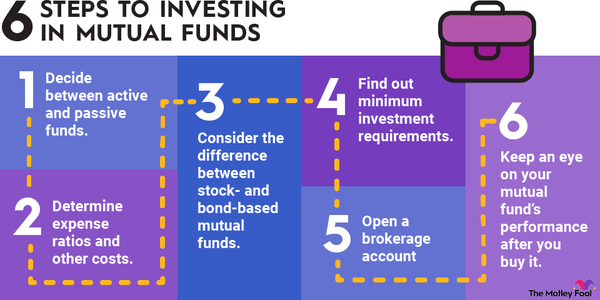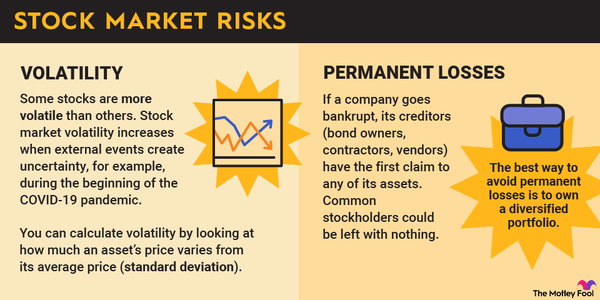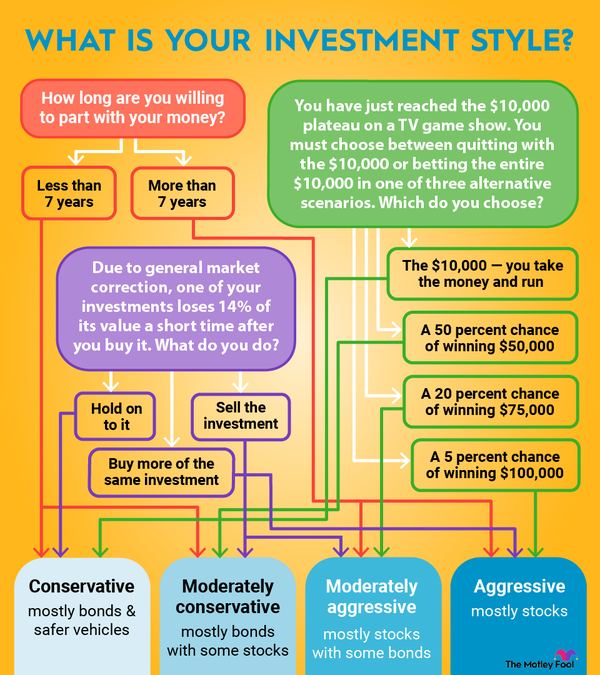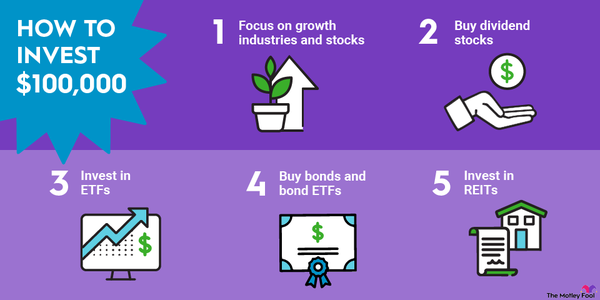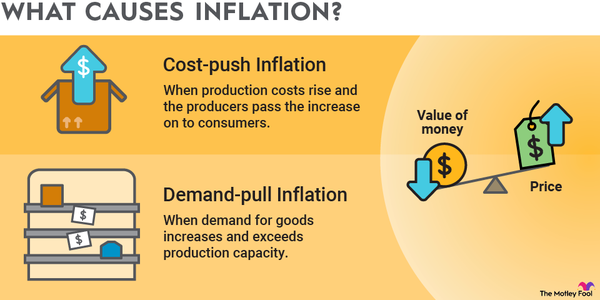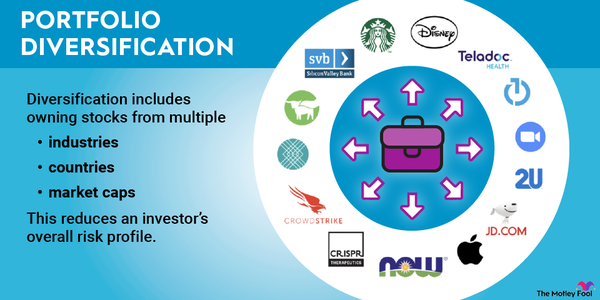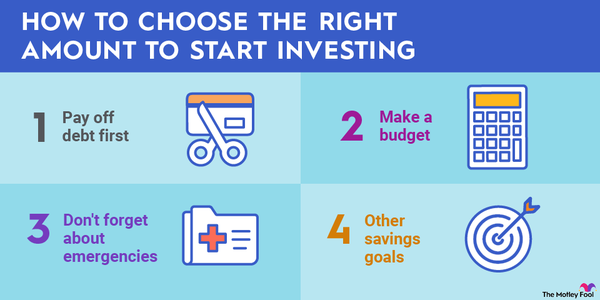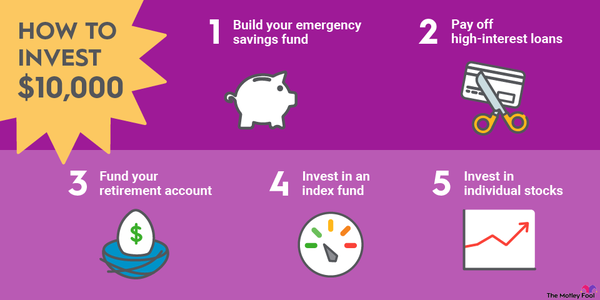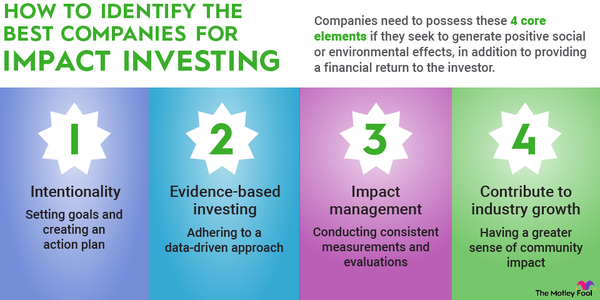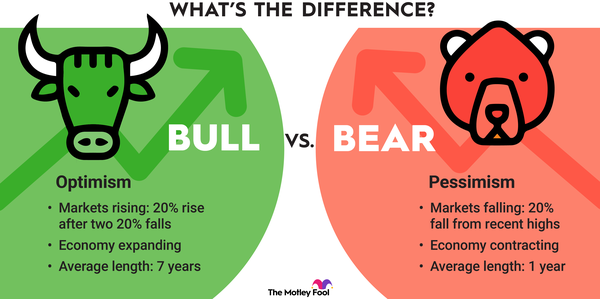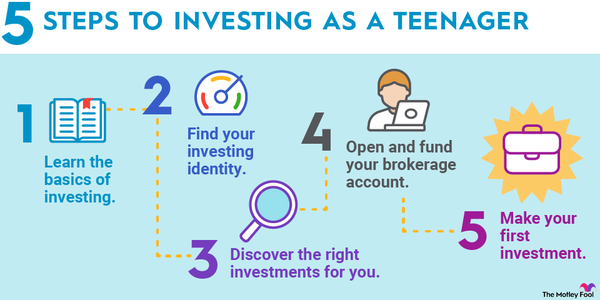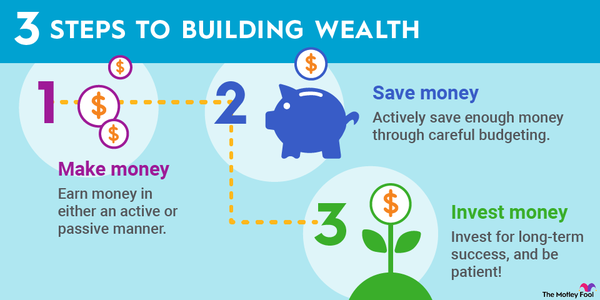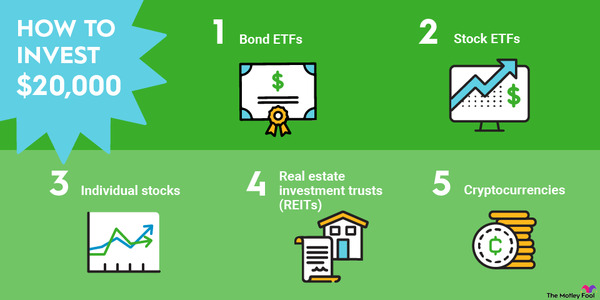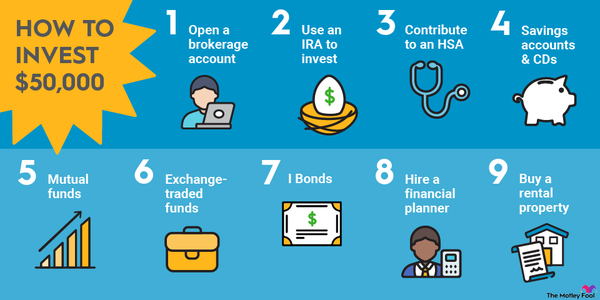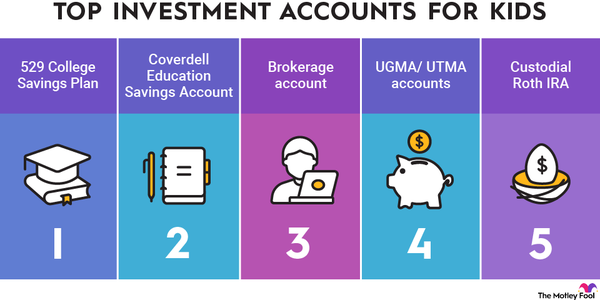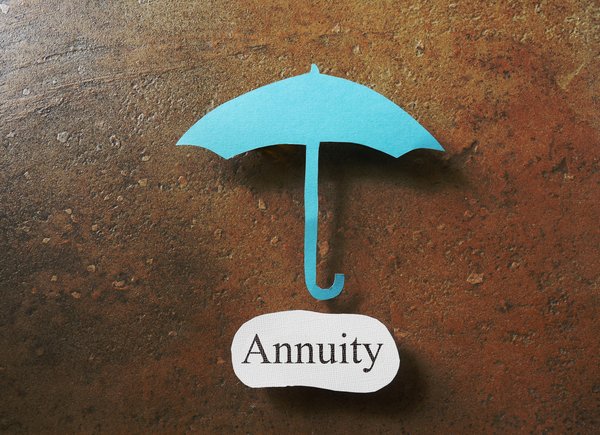The stock market has proven to be an incredible way to build wealth. But it's not the only way to invest, and, for some investors, alternative investments might be a smart addition to their portfolio.
An alternative investment is any investment that doesn't trade in the stock or bond markets. Let's take a closer look at the different kinds of alternative assets and the pros and cons of investing in each.

Best alternative investments
Best alternative investments
These are some of the most popular types of alternative investments you can consider:
- Real estate
- Crowdfunding
- Peer-to-peer lending
- Commodities
- Hedge fund investing
- Cryptocurrency
- Art
Let's delve into each.
1. Real estate
1. Real estate
Real estate is an alternative investment when the property is not your home but an income generator. Investing in real estate can create reliable cash flow streams, although buying property is not cheap.
Owning rental property
Buying residential or commercial property to rent can be profitable. Reliable tenants generate consistent income, and your expenses are generally limited to maintenance and repairs.
If you want to own real estate but not manage it, you can hire a property management company. You'd give up a large portion of your rents to the management company and still have to pay for repairs, but you wouldn't need to oversee any day-to-day operations, collect rent, or otherwise manage your real estate assets.
Real estate development and resale
Colloquially known as "flipping," buying and improving properties and then reselling them can be more profitable than simply collecting rent. Real estate that is flipped is often purchased at a significant discount, usually because it needs substantial improvements or repairs.
Real estate flipping is also one of the riskier ways to invest in real estate since your ability to generate profit requires specialized skills and experience. Real estate flippers can confidently value a property, accurately estimate the costs to improve it, and then quickly complete those improvements to make the home available for sale again. However, buying, improving, and reselling property is time-consuming, requires significant capital, and can be stress-inducing.
2. Crowdfunding
2. Crowdfunding
Crowdfunding, a strategy some organizations use to receive funding for a project or venture, is the act of raising generally small amounts of money from large numbers of investors. Most crowdfunding is conducted online via digital platforms.
Equity crowdfunding
Equity crowdfunding is the funding of start-up companies. Crowdfunding platforms such as GoFundMe, Kickstarter, and Patreon make it easy to find growing companies in which to invest and also broadly vet the businesses to verify their legitimacy. While most companies on crowdfunding platforms are seeking equity, you can also commit capital in the form of debt.
Participating in crowdfunding requires time and effort on your part because it's important to research and thoroughly understand the companies in which you are investing. You'll also need to understand the fees associated with the crowdfunding platform you're using.
Real estate crowdfunding
You can also participate in crowdfunding for real estate assets. Platforms such as CrowdStreet and Fundrise provide investors with plenty of real estate investment options. Just as with equity crowdfunding, you will need to put in the effort to fully understand the real estate assets before committing any capital.
3. Peer-to-peer lending
3. Peer-to-peer lending
Peer-to-peer lenders combine their cash with money from other investors to lend money to individuals. Peer-to-peer lending platforms such as LendingClub (LC 3.81%) and Prosper are structured to allow you to spread your capital across multiple loans and risk profiles, which diversifies your holdings and lowers your overall risk. You can also customize your peer-to-peer loan portfolio based on your personal risk appetite and investing time horizon.
Lending money always creates the risk that you may not get it back. Peer-to-peer loans are unsecured, meaning they are not backed by a hard asset like a car or a home, which you could repossess if necessary. But the ability to diversify your money across multiple loans with different risk profiles is generally effective at reducing the overall risk of this type of investing.
4. Commodities
4. Commodities
Commodities include agricultural commodities like wheat and corn, energy commodities such as oil and gas, industrial metals like steel, and precious metals such as gold. Since owning most commodities in their physical form is not practical for most investors, those with an investment appetite for physical commodities generally tend to focus on owning gold and other precious metals.
Physical gold can take the form of coins, jewelry, and bullion. Owning any precious metal directly requires you to pay to store it in secure locations and also insure the asset against theft. If you don't want to store and manage a physical commodity, you can buy gold certificates from companies such as Perth Mint Certificates that can be exchanged for physical gold.
Owning a physical commodity, even gold, does not guarantee you will profit. The price of gold or any precious metal can decline, and buying and selling a physical commodity requires you to pay broker fees to facilitate purchase and sale transactions.
Even when they’re traded only in the form of futures contracts, commodities are considered an alternative asset class because their price movements are generally uncorrelated with the movements of the stock market. Futures trading in commodities is by far the most common way that investors gain exposure to this asset class.
5. Hedge fund investing
5. Hedge fund investing
Hedge funds often make large directional bets in the stock market but also invest in sophisticated types of securities to mitigate -- or hedge against -- the risk of large losses. Investing in a hedge fund can provide exposure to a very profitable investment strategy, although it's also possible to lose all of your money.
The typical fee structure for a hedge fund has two parts. The hedge fund manager annually collects 2% of the fund's assets under management as the management fee, and the manager also keeps 20% of the annual profits the fund's investments earn.
Hedge funds employ widely different approaches to investing, so it's possible to invest in hedge funds that reflect your risk appetite. When researching hedge funds, focus on those with managers who share similar investing philosophies.
6. Cryptocurrency
6. Cryptocurrency
Cryptocurrency is digital money enabled by blockchain technology. You can easily buy cryptocurrency such as Bitcoin (BTC 4.03%) using a cryptocurrency exchange like Coinbase (COIN -3.24%).
While acquiring cryptocurrency is simple, investing in this emerging alternative asset is risky. The price volatility of cryptocurrencies is extremely high, and with so many emerging digital currencies out there, discerning which cryptocurrencies will be widely adopted is impossible. The industry's nascency also increases the security risks for your cryptocurrency holdings because the digital wallet where you store your crypto assets could be vulnerable to hacking. You can also lose access to your cryptocurrencies.
With the functional uses for cryptocurrency still emerging, the values of many cryptocurrencies are likely to increase dramatically. Cryptocurrencies already act as stores of value, although it remains to be seen if transactions using cryptocurrency will become commonplace. Countries around the world are grappling with the rise of cryptocurrencies and actively developing regulations that will significantly shape the future crypto landscape.
7. Art
7. Art
You can buy art as a form of investing and have the pleasure of owning something that is visually appealing. But the value of a piece of artwork is not guaranteed to increase, and you are obligated to securely store and maintain the art itself.
Choosing art that can retain and grow in value is a specialized skill set not many possess. Should you buy the works of artists who are established and well known or those who are up and coming? To help you with this decision and others like it, you can hire an expert in the art appraisal field who's reputable and trustworthy.
The art market is illiquid, or not easily converted into cash, and it's difficult to predict when a piece of art will gain value. You may need to own the art for longer than you intended and keep it in an environment with the right temperature, humidity, and light exposure since deteriorated quality can easily destroy its value.
If you want to combine art ownership with crowdfunding and avoid physically owning any art, you can use an art-focused crowdfunding platform like Masterworks. Investors on Masterworks pool their funds to acquire art and pay a fee to hold and maintain the art until it can be sold for profit.
Are alternative investments right for you?
Many types of alternative investments are only accessible to investors with a high income or high net worth. Regulatory requirements may require you to be an accredited investor, meaning that either your net worth -- excluding your home -- is greater than $1 million or your earned income exceeds $200,000 per year.
Investing in alternative assets often requires a lot of capital, and the investments can be illiquid, so they’re not easily bought or sold. Many online marketplaces for alternative investments have multi-year minimum holding requirements for the alternative assets.
Owning alternative assets is best suited for investors whose portfolios are already diversified. If you are happy with your allocations to traditional securities such as stocks, bonds, and exchange-traded funds (ETFs), then allocating money to alternative assets may be a good fit.
As for which alternative investment types to choose, you can consider your appetite for risk, your investing time horizon, and how much time you have to devote to investing. Once you've considered these elements, you can identify the specific alternative investments that most appeal to you.
Jason Hall has positions in Bitcoin. The Motley Fool has positions in and recommends Bitcoin and Coinbase Global. The Motley Fool has a disclosure policy.


